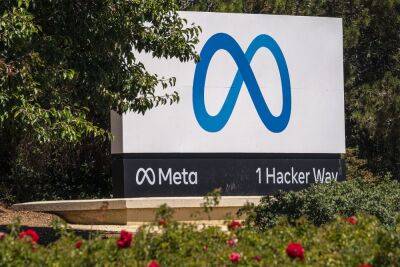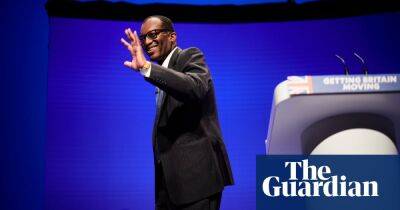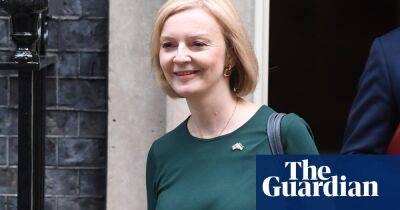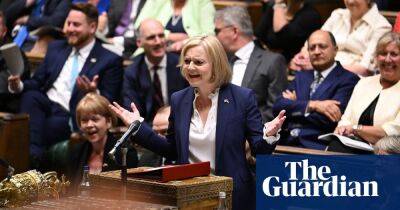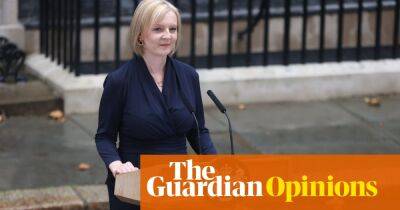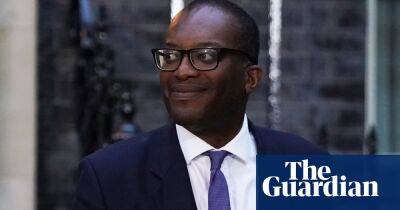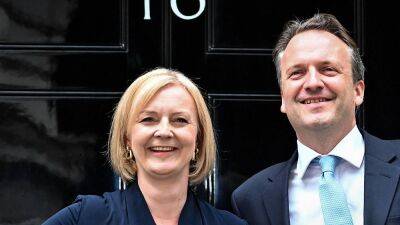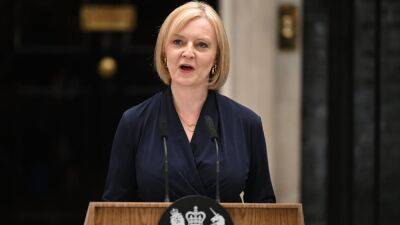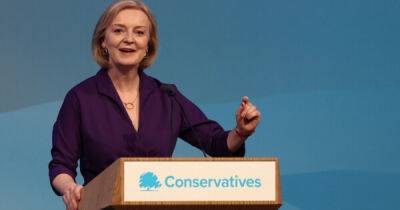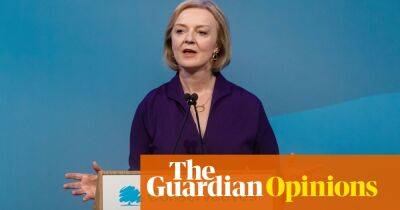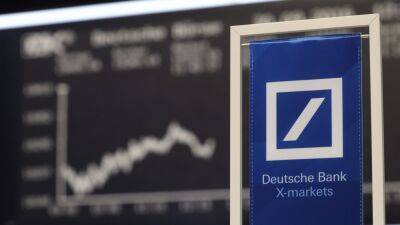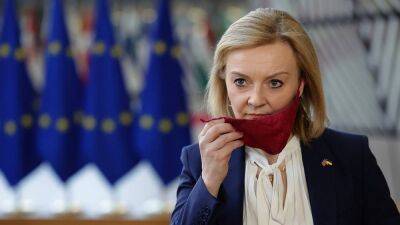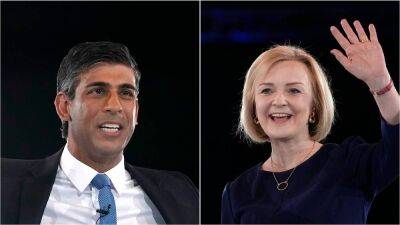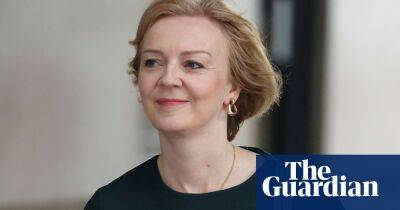Patrick Minford: maverick economist who inspired Truss and Thatcher
When Liz Truss was asked by the BBC’s Nick Robinson whether she could name any economists who thought cutting taxes was the right medicine for the economy, Boris Johnson’s soon-to-be successor replied: “Patrick Minford.”
It was a case of history repeating itself, coming four decades after the same question was put to another Conservative prime minister. After 364 economists wrote to the Times attacking the 1981 budget as deflationary the then Labour leader, Michael Foot, asked Margaret Thatcher whether she could name two economics professors who supported her strategy.
Thatcher named Minford and the now departed Alan Walters, later joking in the car taking her back to Downing Street: “Thank goodness he did not ask for three!”
The anecdote says three things about the economist: he has been around a long time, he has form as a maverick, and he continues to influence the political debate.
Minford, now 79, is not as close to Truss as he was to Thatcher, but Johnson’s successor has picked up on some of his ideas – in particular the need to face down the Treasury, and to give stronger economic growth a higher priority than reducing the national debt. Truss agrees with Minford that tax cuts are needed to prevent the economy sliding into recession and that active fiscal policy – measures involving tax and public spending – is required so that the Bank of England can tackle soaring inflation.
“One way or another she has understood these points. This is a really important moment. The economy is being driven into the earth,” he says in an interview with the Guardian.
Minford made his name as one of the monetarists who revolutionised economic thinking in the late 1970s and early 80s. His Liverpool University model of the economy was
Read more on theguardian.com
